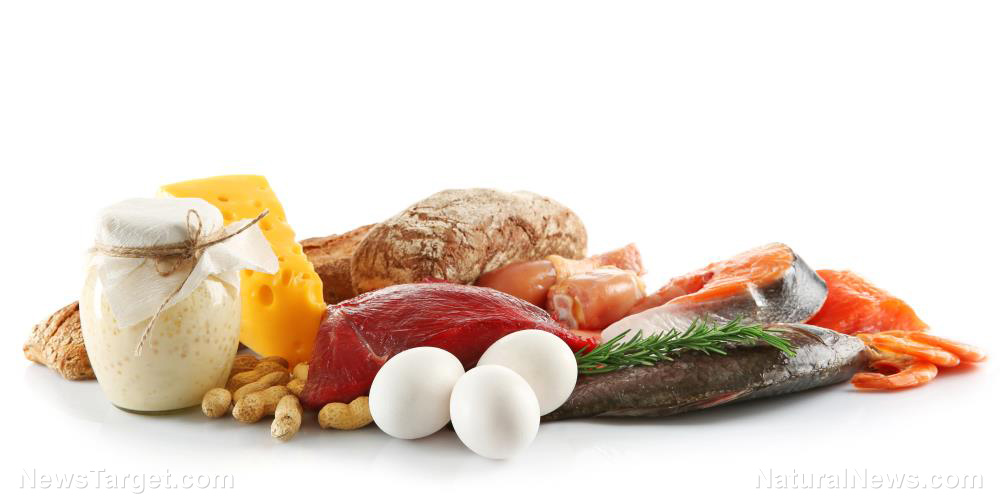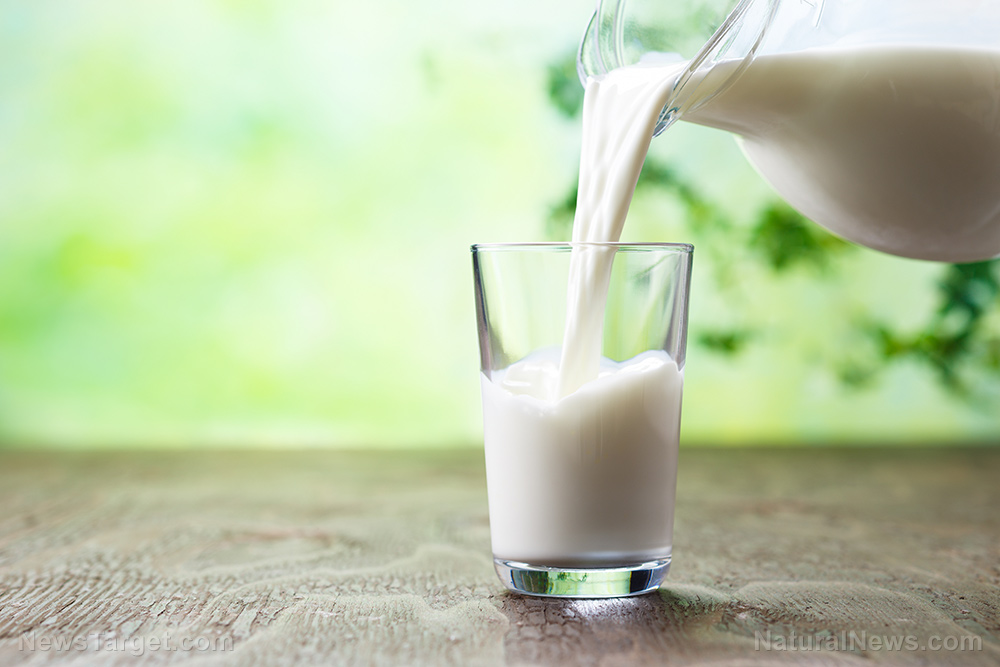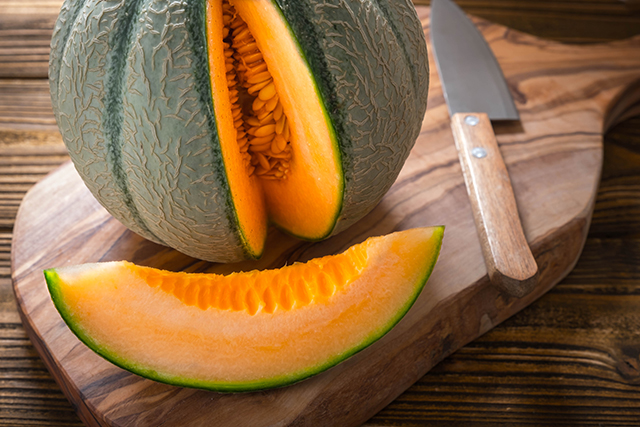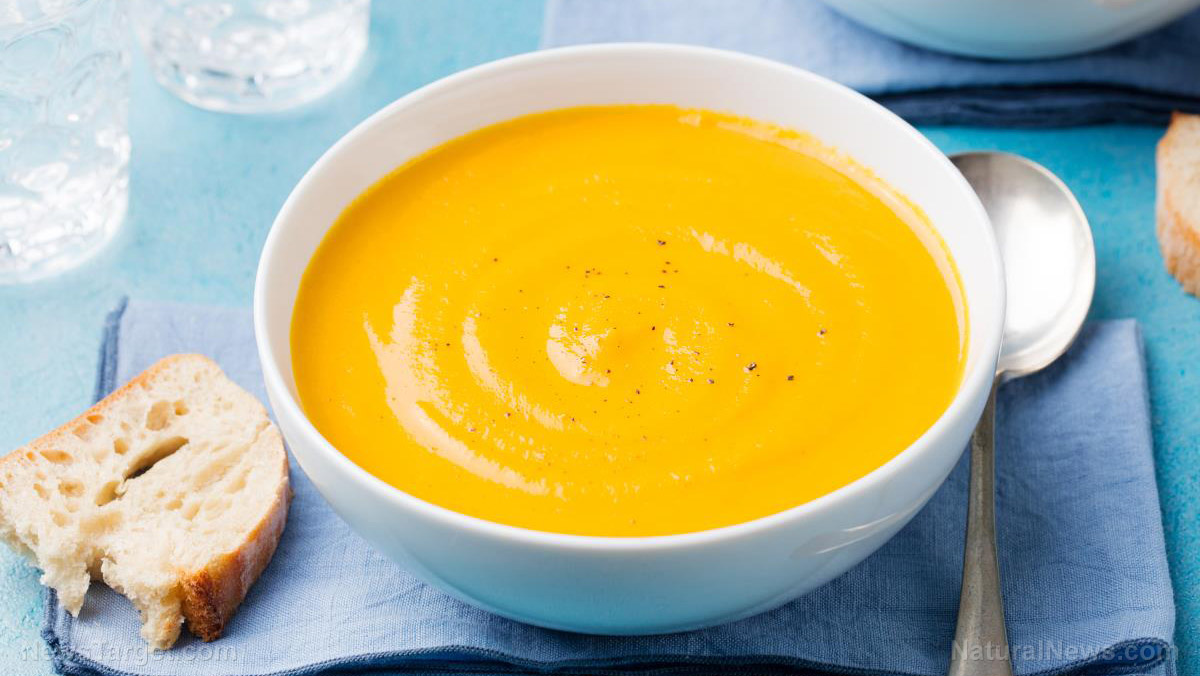Study: Citrus fruits can help you maintain healthy cognitive function as you age
12/11/2023 / By Evangelyn Rodriguez
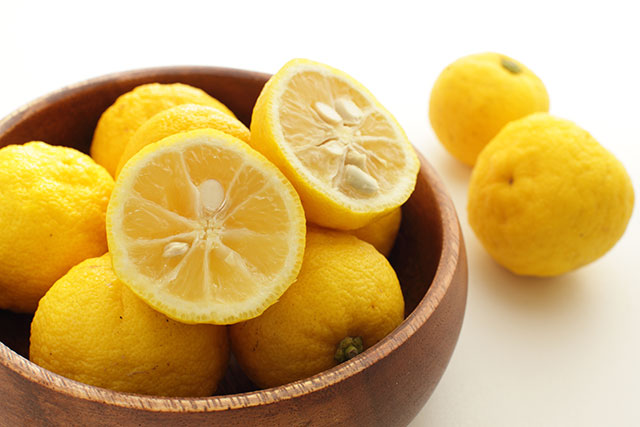
Organic fruits are rich sources of essential vitamins and minerals and beneficial plant compounds. They are also loaded with dietary fiber, which you need to maintain a healthy heart and digestive system, as well as healthy blood sugar levels. Because they’re packed with all these health-giving components, it’s not surprising that experts recommend eating a variety of organic fruits as part of a healthy, well-balanced diet.
Older adults, in particular, can get considerable benefits from eating fruits every day. Decades of research show that consuming citrus fruits like lemon, orange, grapefruit and the like, can help the elderly maintain their cognitive abilities. It is a well-established fact that cognitive functions naturally decline as people age. But scientific evidence suggests that eating citrus fruits could help slow down this natural process and keep older adults mentally sharp.
Citrus flavonoids can boost the aging brain
Flavonoids are the main polyphenols in raw citrus fruits. Naturally occurring chemical reactions convert these compounds into various forms, such as flavanones, flavonols, flavones and anthocyanins. In citrus fruits, flavanones are the most predominant flavonoids and are said to be responsible for many of the health benefits these fruits offer. Some examples of citrus flavanones include hesperidin (cardioprotective), narirutin (anti-inflammatory), didymin (anticancer) and eriocitrin (antioxidant).
According to a study published in the journal Frontiers in Neuroscience, flavanones are also behind the wonderful brain benefits of citrus fruits. Researchers have found that these flavanones can cross the blood brain barrier and exert their antioxidant effects directly on the brain, mainly by scavenging free radicals to prevent oxidative stress. Oxidative stress, which can damage or kill brain cells, is heavily implicated in brain aging and neurodegenerative diseases.
Inflammation, which is triggered by oxidative stress, is also linked to age-related cognitive impairment. In fact, the brains of people with Parkinson’s and Alzheimer’s disease show heavy signs of brain inflammation. But preclinical studies show that citrus flavanones can protect against brain inflammation by reducing the production of pro-inflammatory chemicals.
This appears to be one of the ways citrus flavanones help preserve memory function in older adults. As reported by a study published in the journal Neurology, adults in their 40s, 50s and 60s with high levels of inflammatory markers tend to experience a steeper decline in thinking and memory skills in their later years than those with low levels of inflammation. This suggests that inflammation is a huge contributor to the decline in cognitive function experienced by older adults.
In addition to memory, flavanone-rich citrus fruits can also help improve executive function, perceptual speed and visuospatial skills in the elderly. This was reported in the Hordaland Health Study, which included over 2,000 Norwegian adults aged 70 to 74 years. The study found that participants with the highest intakes of plant-based foods, particularly citrus fruits, performed significantly better in cognitive tests than those with the lowest intakes.
In a separate study, researchers from the U.K. investigated the cognitive benefits of drinking orange juice enriched with flavanones like hesperidin and narirutin. They found that middle-aged adults (30 to 65 years) who took the drink experienced improvements in psychomotor speed (i.e., the ability to process new information and respond to it physically) after two hours, and in attention/alertness and executive function after six hours.
Meanwhile, a notable study involving over 13,000 elderly Japanese found that consuming citrus fruits three to four times a week can help lower the risk of dementia by 23 percent. (Related: Regular consumption of tea found to reduce risk of dementia and improve cognitive function.)
Citrus fruits are great sources of plant compounds that can help delay brain aging. They are also rich in vitamin C, a potent antioxidant that can boost immune function and support a healthy brain.
Learn more about citrus fruits and other brain foods at Superfoods.news.
Watch this video to learn about how citrus fruits can help prevent dementia.
This video is from the Natural News channel on Brighteon.com.
More related stories:
Citrus fruits can counteract some of the health risks of obesity.
Increasing your daily intake of fruits and vegetables can truly help you live longer, reveals study.
Studies show antioxidant-rich foods can help reduce risk of skin cancer.
Support brain health and improve cognitive function with these herbs and spices.
Study: Drinking oolong tea can help reverse aging.
Sources include:
Submit a correction >>
Tagged Under:
aging secrets, alternative medicine, anti-aging, brain function, brain health, citrus fruits, cognitive function, cognitive health, flavanones, food is medicine, food science, functional foods, health science, natural health, natural medicine, organics, phytonutrients, prevention, research
This article may contain statements that reflect the opinion of the author
RECENT NEWS & ARTICLES
COPYRIGHT © 2017 FOOD SCIENCE NEWS

